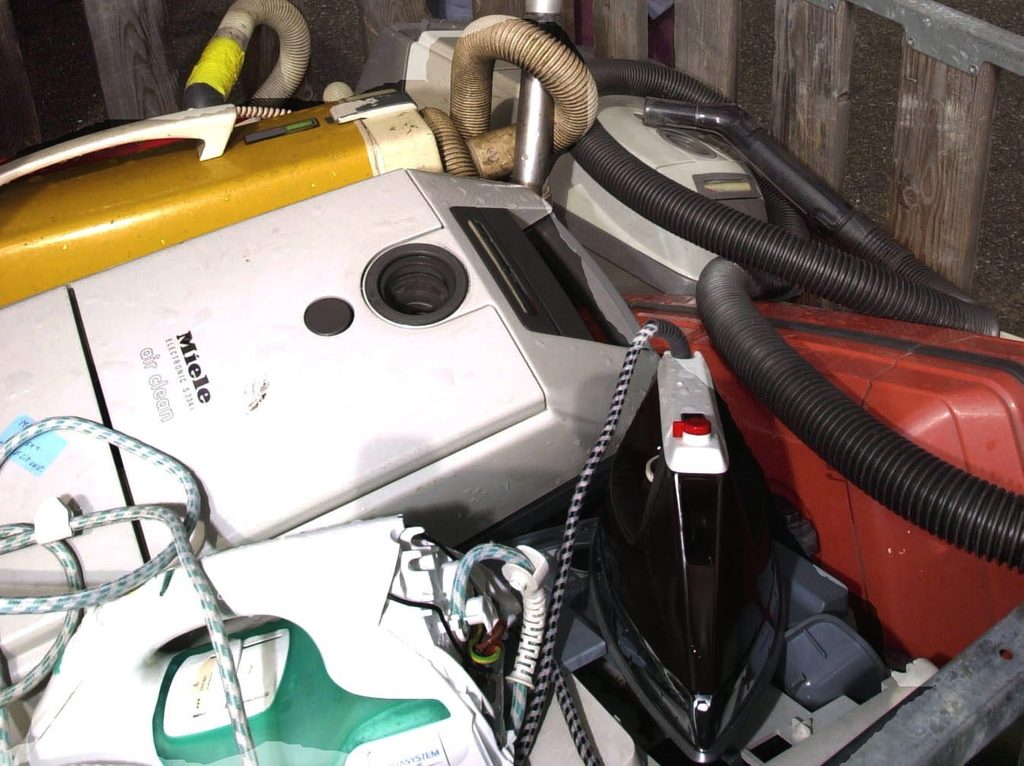The repairability index will be implemented in Belgium on 2 May, making it the second European country to adopt this system after France.
By assigning a score from 1 to 10 to products like dishwashers, vacuums, and lawnmowers, the index helps consumers determine how easy a product is to repair. The goal is to encourage the use of products with extended lifespans.
“These devices have a significant environmental impact due to the intensive use of raw materials and CO2 emissions during their manufacture,” states the Federal Public Service for Health, Food Chain Safety, and Environment. The extraction of these raw materials generates large amounts of waste, especially in areas where recycling is not well developed. Additionally, the mining of certain minerals like cobalt, crucial for making lithium-ion batteries for laptops, is often linked to severe human rights violations, including child labour and violence against workers.
To foster a more sustainable economy, Belgium has introduced the repairability index. Several criteria are used to assign scores: the availability of technical information and maintenance manuals, ease of disassembly, necessary tools, availability and delivery time of spare parts, as well as a price comparison between spare parts and a new product. Other product-specific criteria are also considered.
The index will also become mandatory from 2 May for pressure washers and laptops, excluding tablets.
This measure is part of the federal action plan for a circular economy. In the future, the repairability index will also apply to bicycles, especially electric ones, as well as electric scooters.

